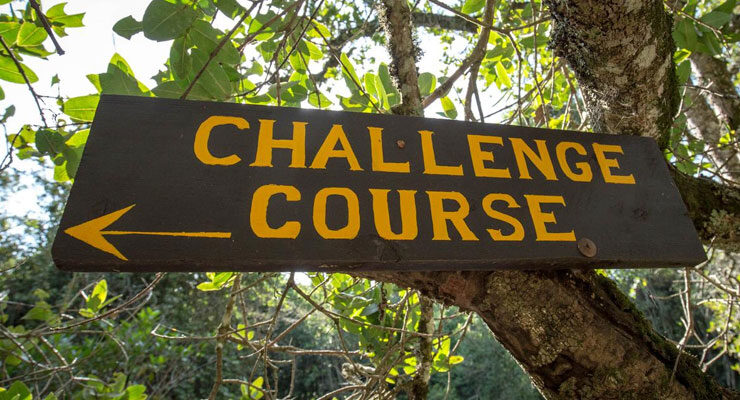 After decades of civil war, democracy in Columbia has considerably improved. However, it is still important to consider if its democracy could backslide. This article by Javier Corrales is published by Americas Quarterly. Here is an excerpt:
After decades of civil war, democracy in Columbia has considerably improved. However, it is still important to consider if its democracy could backslide. This article by Javier Corrales is published by Americas Quarterly. Here is an excerpt:
No Latin American country is truly free of the risk of democratic backsliding. Since 2000, the region has seen numerous cases of democracies that gradually acquire semi-authoritarian features. Colombia in fact already had an episode of backsliding under President Álvaro Uribe. A new outbreak of backsliding, this time from the left, is not inconceivable for any country, including Colombia.
But if the risks are real in Colombia, they do not seem imminent—with one caveat. Energy institutions, despite their track record of strength, may very well represent the most worrisome institutional weak point in Colombia’s democracy.
Democratic backsliding occurs through institutional erosion: presidents deliberately undermine the autonomy of institutions to make them more partisan and, in the process, less professional. When this erosion happens, the rule of law gets replaced by the president’s wishes.
Read the full article here.
Leave a Reply